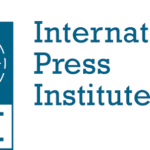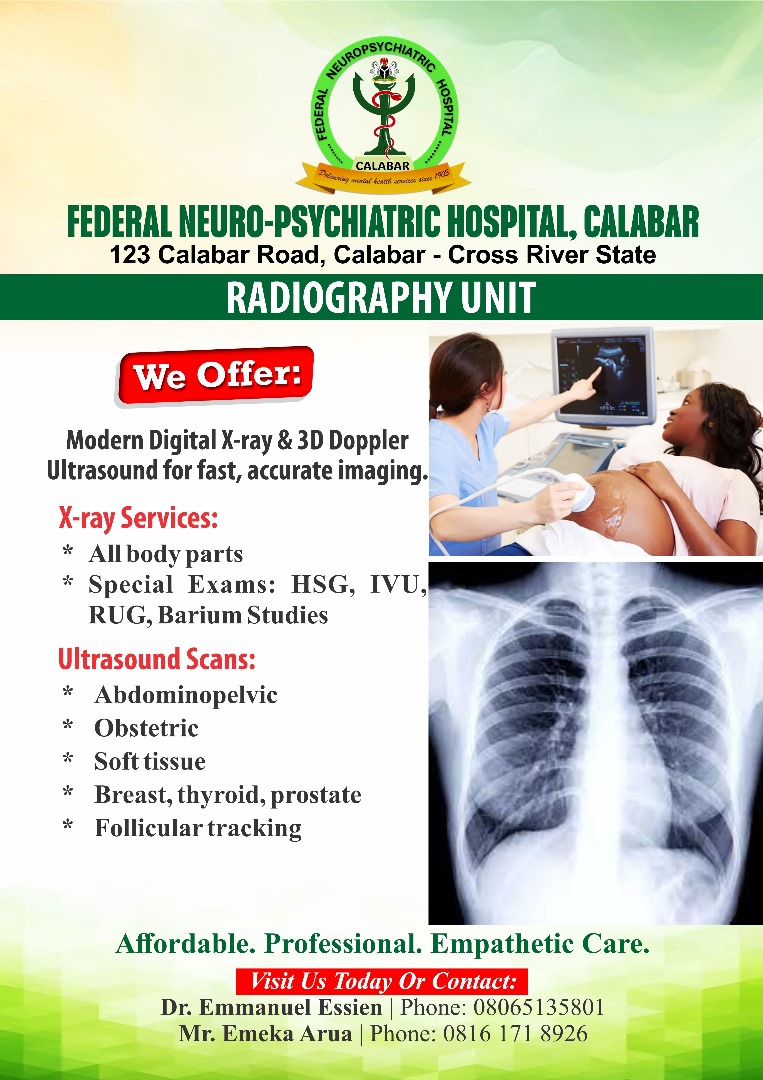By Ita Williams
The Cross River State Ministry of Health’s Neglected Tropical Diseases (NTD) unit is partnering with Evidence Action, a US-based international organization, to launch its annual comprehensive state-wide, school-based deworming exercise in Calabar from April 24th to 30th, 2024.
Organisers said the exercise is aimed at treating soil-transmitted helminthiasis (STH) and Schistosomiasis, diseases that are particularly common in children.
Toochi Ohaji, the Country’s Senior Manager of Evidence Action, Nigeria, spoke at a media parley on Monday at the State Secretariat of the Nigeria Union of Journalists, NUJ, hosted by Evidence Action, Nigeria and the State Ministry of Health.
He revealed that last year, they successfully dewormed 653,000 school children against NTDs.
Ohaji advised that every child should be dewormed at least every six months in line with the World Health Organization (WHO) standards, and emphasized that WHO had donated NTD drugs free of charge.
Mrs. Veronica Mark, the NTD Coordinator from the Cross River State Ministry of Health, in her presentation said that 623,828 school-aged children would be targeted to receive Mebendozole tablets for the preventive treatment of STH, while 173,000 children would be targeted for Schistosomiasis treatment.
The treatment, she said, would be carried out in 14 Local Government Areas in Cross River State between April 24th and 30th, 2024.
She explained that intestinal worm infections were a global concern, with over 1 billion children at risk, noting that in Nigeria alone, more than 48 million school-age children require treatment for STH infection, and 16.6 million school-age children require treatment for schistosomiasis.
“These infections, caused by poor sanitation and hygiene conditions, can lead to anemia, malnourishment, and impaired mental and physical development, ultimately affecting children’s educational outcomes and their future income as adults.
“The inequality gap is further exacerbated by the fact that these infections disproportionately affect the poor, who are less able to afford diagnosis and treatment costs.
“This hinder Nigeria’s development goals of equitable access to health and education. Since 2016, Evidence Action has been providing technical assistance to the Federal and Cross River State Government in implementing school-based deworming for STH and schistosomiasis in the state.
“Every year, Evidence Action delivers treatment to Thousands of children in both public and private schools. Treating at-risk children through schools is an evidence-based and cost-effective solution,” she submitted.











